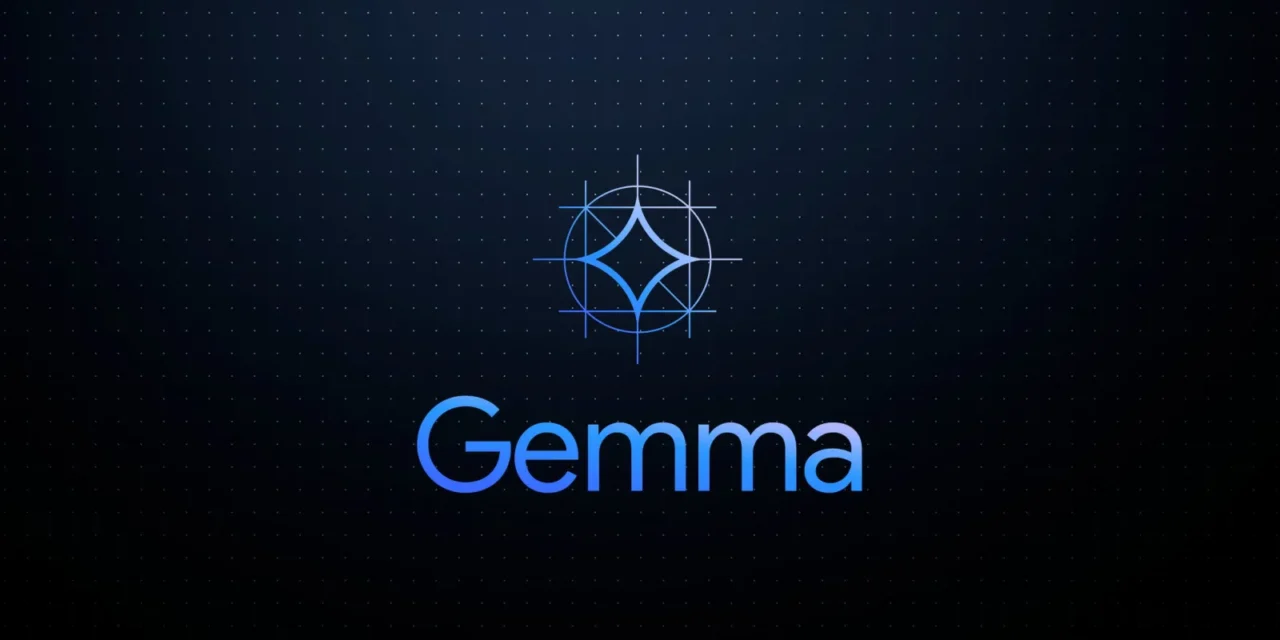In a significant move that sets a new benchmark in the field of artificial intelligence, Google has introduced ‘Gemini’, a groundbreaking multimodal foundation model designed to revolutionize AI development and application across various sectors. This development marks a pivotal moment in Google’s AI journey, showcasing its commitment to advancing AI technology while emphasizing the principles of responsibility and safety.
Key Highlights:
- Google‘s CEO Sundar Pichai underscores the transformative potential of AI, highlighting Google’s AI-first approach and the advancements it brings to both everyday users and developers worldwide.
- ‘Gemini’ emerges as Google’s most versatile and advanced AI model, demonstrating superior performance on numerous leading benchmarks and offering scalable solutions for a range of tasks.
- The model is introduced in three configurations: Gemini Ultra, Gemini Pro, and Gemini Nano, each optimized for distinct applications, from complex tasks to on-device operations.
- Gemini sets new records in AI benchmarks, including surpassing human experts in Massive Multitask Language Understanding (MMLU) and showcasing exceptional multimodal capabilities without relying on external OCR systems.
- Google emphasizes the model’s native multimodality, sophisticated reasoning, and advanced coding capabilities, positioning Gemini as a frontrunner in the AI domain.

Google represents a significant leap forward in the AI domain, not merely in terms of technological advancements but also in setting a new standard for responsible AI development. With its unmatched capabilities, Gemini not only challenges existing models but also opens up new avenues for innovation, promising to reshape the future of AI in a manner that prioritizes ethical considerations and societal benefits. This move by Google not only reasserts its dominance in the tech industry but also signals a new era of AI development focused on inclusivity, safety, and broad-ranging applications.
Google’s unveiling of Gemini represents a monumental stride in AI development, offering a glimpse into the future of artificial intelligence where versatility, efficiency, and ethical considerations take center stage. This ambitious initiative by Google not only underscores the tech giant’s continued leadership in AI but also signals a new phase of innovation that could redefine our interaction with technology.
Gemini’s introduction comes at a time when the race to dominate the AI landscape is more competitive than ever, with key players like OpenAI and Microsoft pushing the boundaries of what’s possible. Google’s response with Gemini, a model that promises unparalleled multimodality, flexibility, and performance, positions the company not just as a participant but as a leader in this technological revolution.
As Gemini begins to integrate across Google’s product suite and becomes accessible to developers and enterprises, its impact on enhancing productivity, fostering innovation, and improving the user experience will be closely watched. The potential for Gemini to democratize access to powerful AI tools, enabling businesses of all sizes to harness cutting-edge technology, could be a game-changer in digital transformation strategies.
Conclusion:
Google’s Gemini could very well be at the forefront of the next wave of AI innovation, with its blend of advanced capabilities, ethical considerations, and broad applicability. As the AI landscape continues to evolve, the principles and technologies underlying Gemini may inspire a more inclusive, ethical, and transformative approach to AI development across the industry.

























Add Comment